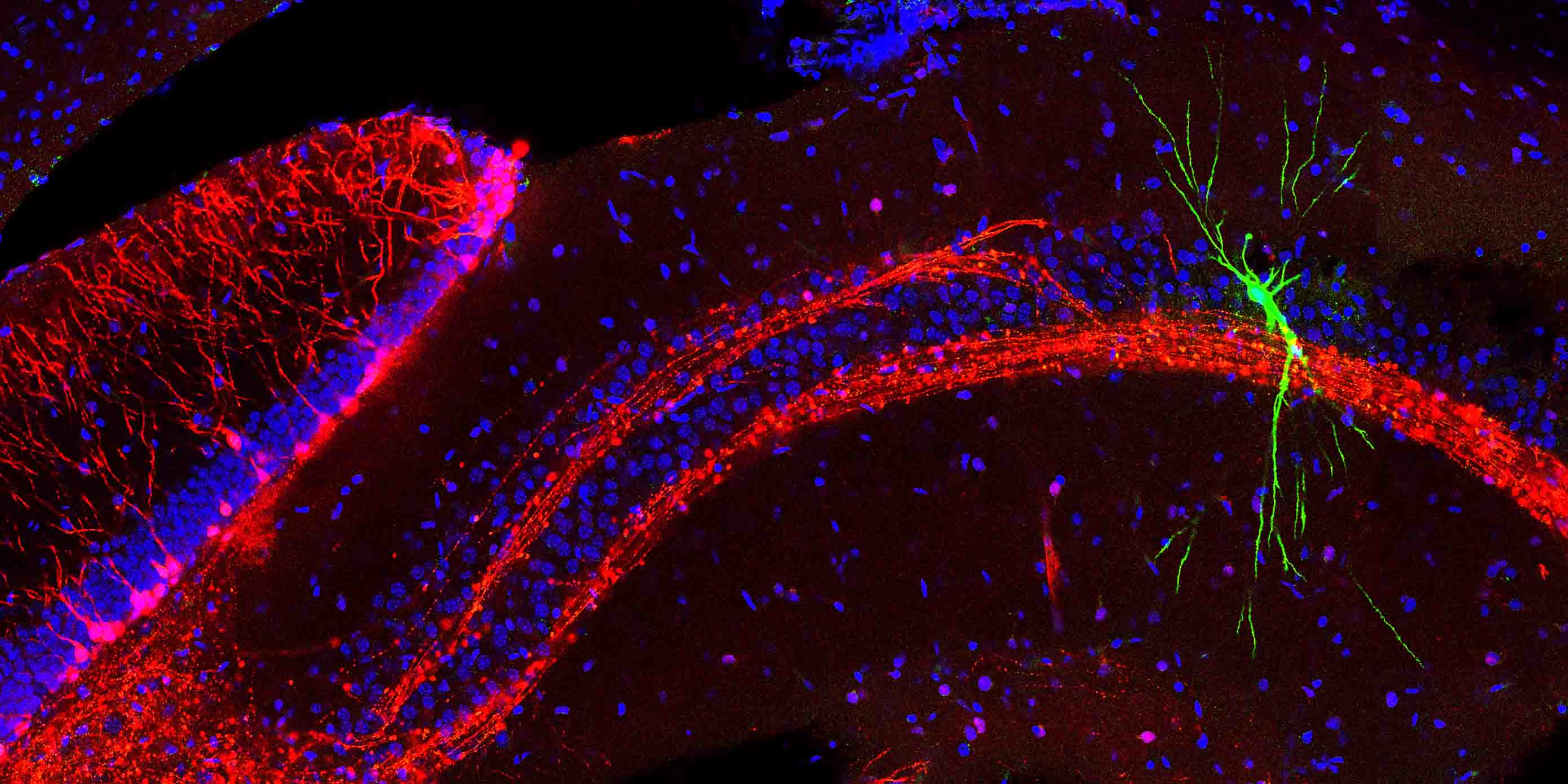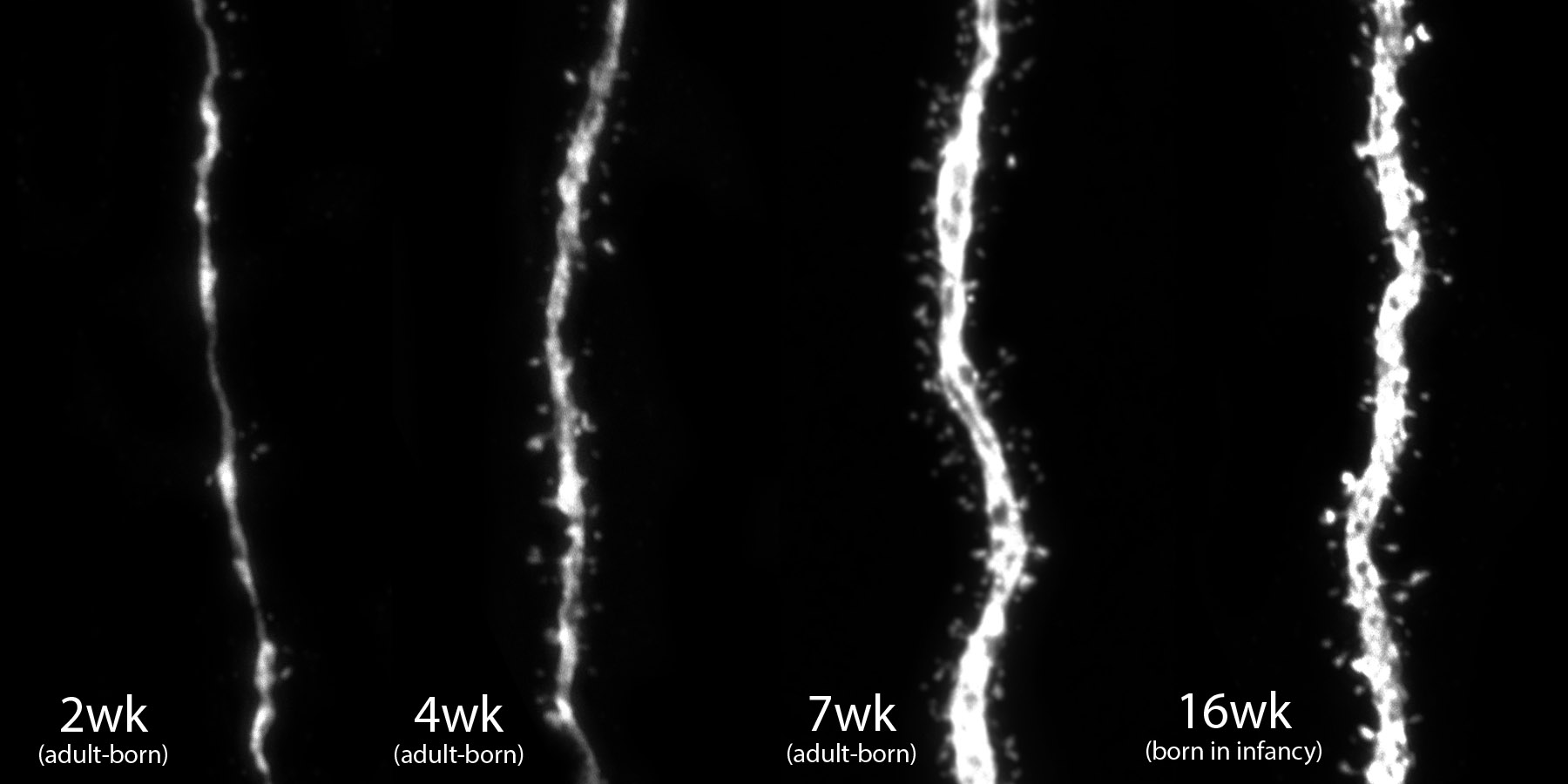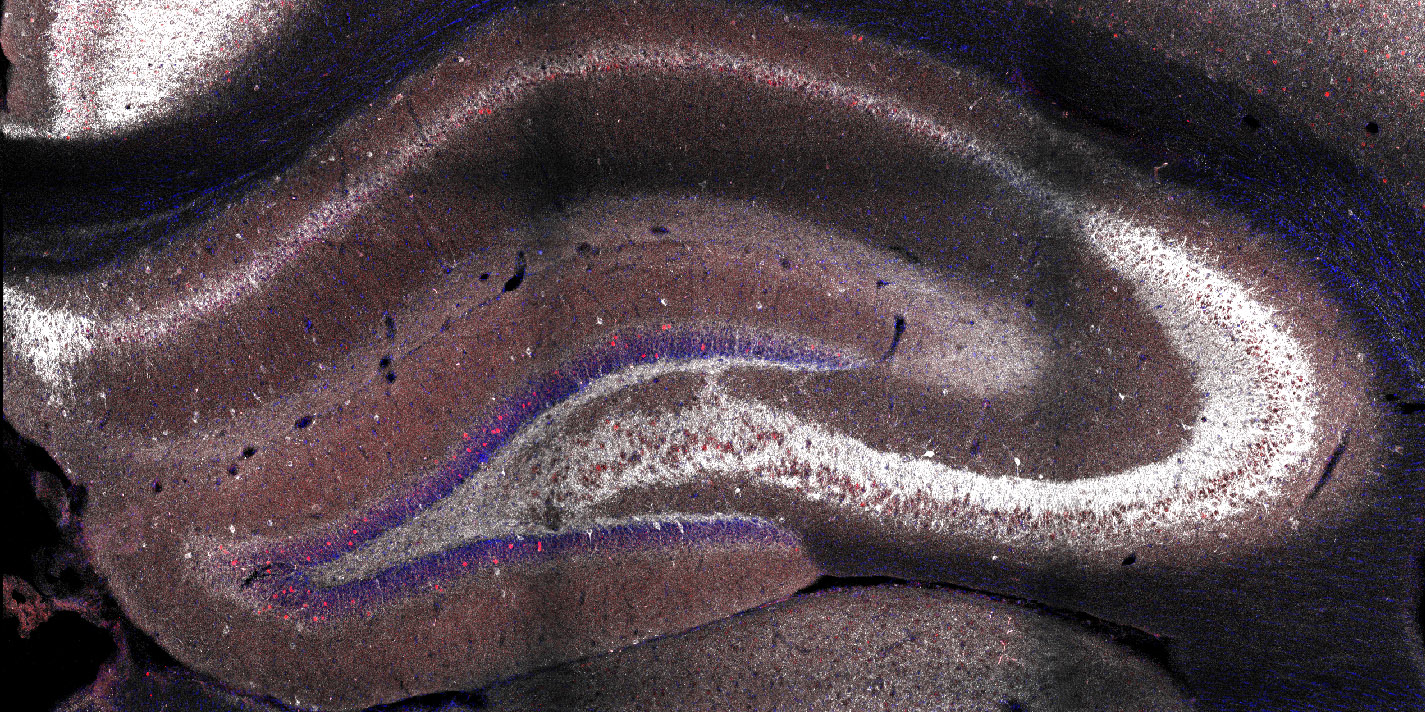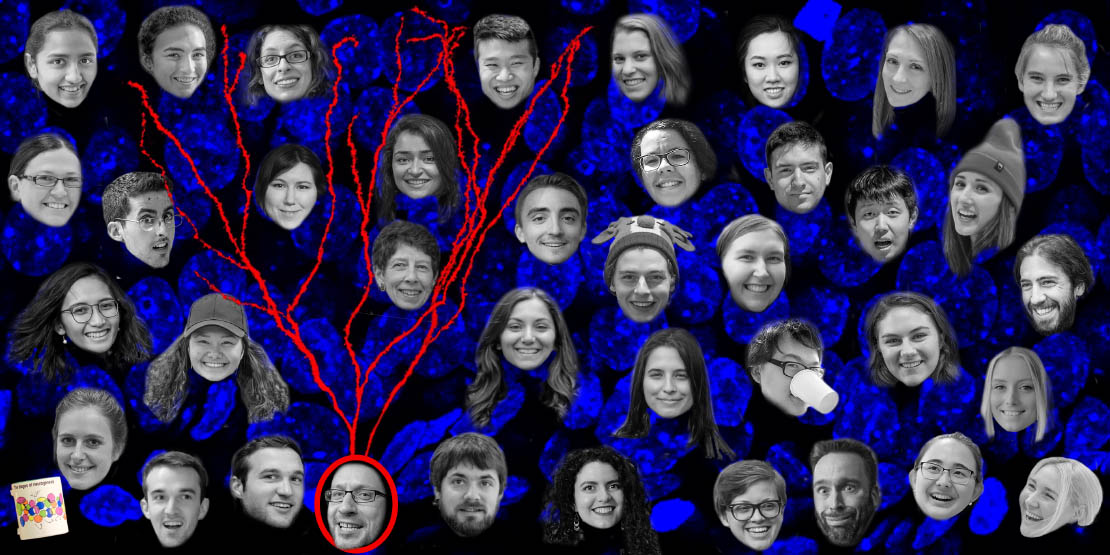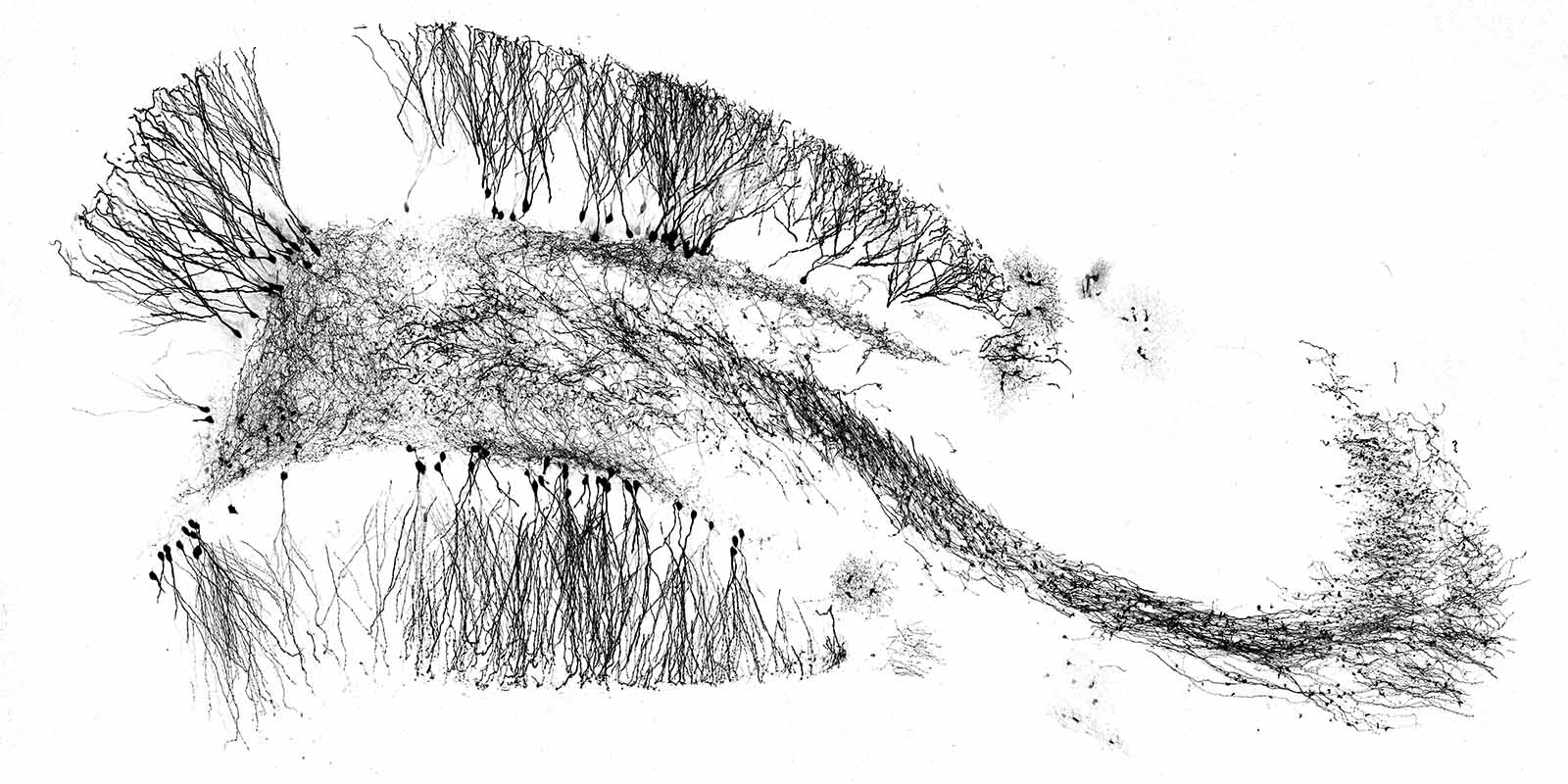In press: The neurogenesis-depression hypothesis, confirmed.
The idea that adult neurogenesis protects individuals from depression is perhaps the single greatest motivator driving neurogenesis research. Not surprisingly, “neurogenesis depression” is the most common behavioral keyword that brings people to this blog (followed closely by “pattern separation”). So I’m excited to say that we will soon be publishing what (I…
